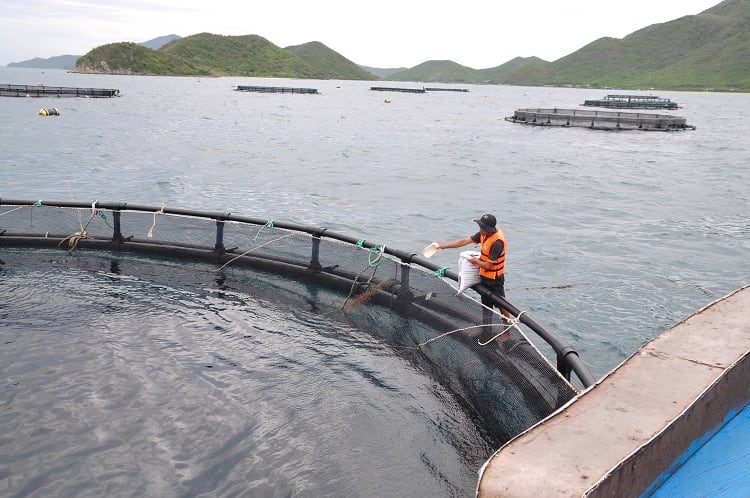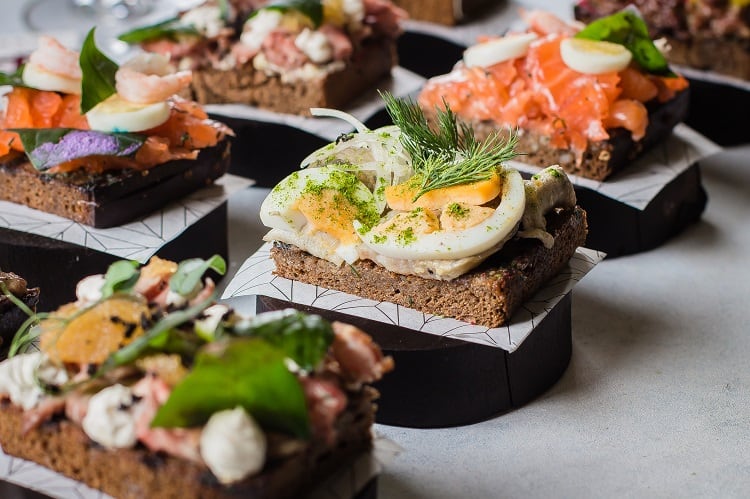“The pandemic has shown the cracks that exist in the food system,” Brian Frank, partner at FTW Ventures, told a recent event hosted by the investment group. But many challenges pre-dated the disruption wrought by COVID-19, from global hunger to climate change and labour issues.
Frank believes that global demographic changes underline the need to take a fresh look at how the food system currently operates. The FAO forecasts the global population will rise to almost 10 billion people by 2050, resulting in an estimated 50% gap in the crop calories needed to feed the world.
“We need to be more productive in the food system without using as much land, water and other resources and creating greenhouse gases that the food system generates not only through agricultural practices and land use but throughout the supply chain.”
Consumers are also demanding a greater focus on sustainable production, he continued. “Consumers want this change as well. Eighty percent of consumers… say sustainability is important in their purchasing decision.”
Andrew Beebe, MD of Obvious Ventures, agrees. He observed there has been a ‘big change’ in ‘the minds of the consumers and the minds of entrepreneurs’.
“Consumer behaviour is quite different when you have the transparency and ability to look at an ingredient label and actually understand what those words mean – or have a concern you don’t understand… People, especially millennials and younger folks, are interested in having their values align with the values of the people selling them things. That, in food, is particularly important and it is a one-way street. We will never go back from that. People will not say ‘I no longer care about the content of what I’m putting in my body’.
“On the entrepreneurial side, younger folks are both interested in working at large companies that reflect their values and starting companies that are manifestations of their values.”
The coalescence of these factors informs the overarching investment thesis at both Obvious and FTW. Beebe recalled that Obvious – which now has four funds and $650m under management – was formed with the purpose to ‘go find mission-driven founders trying to transform trillion dollar industries’. When it comes to the food industry, he’s ‘in the right room’.
Food and beverage: A big industry ripe for disruption
As research from FTW highlights, F&B is an 8-10 trillion-dollar market that is expected to grow to around $16 trillion by 2050.
“It’s a very big industry that needs to change its practices… so we can grow more with less. And there is a lot of opportunity in profits, not just purpose,” Frank told us.
“We estimate… there is a $6 trillion economic opportunity if we build a more sustainable food system. $800m-1trn of this alone comes from synthetic biology, bio manufacturing, plant genomics and genetics. Things that are radical transformations of the way we work the food system. There is a big revenue and profit opportunity for the right companies that are doing the right things in the world these days and we want to see a shift.
“The goal is to marry a huge profit and revenue opportunity for our investors with a purpose, changing something massively about the food industry. Purpose and profit can go together and create exceptional returns on both sides.”
So, where can these transformative opportunities be found?
FTW focuses on four main areas of investment. The first, ‘growing more with less’, is one of the ‘fastest growing’ markets for innovation and investment, Frank noted. FTW counts biotechnology, plant genetics and breeding, synthetic biology, computational biology and precision agriculture in this category. The VC fund says this sector is growing at 25% annually and predicts it will be a $55bn market by 2025.
FTW has also identified the opportunity around ‘waste less, make more’ as a key pillar, forecasting it will be a US$400bn market by 2026 including solutions around sustainable packaging, spoilage protection, commercial food robotics and circular economy solutions. “There are billions of dollars’ worth of opportunity there that are being squandered.”
Next up is digitalisation, which FTW defines as marketplaces, retail and restaurant optimisation, micro warehousing, food storage and logistics, ghost kitchens and dark stores. “Digitising the supply chain is happening and happening rapidly,” Frank noted, predicting this market will reach $200bn in value by 2024.
And a theme running though is ‘feeding people better’. “We have to be able to provide the macro and micronutrients people need on a daily basis and we have to do it efficiently. How we do that with the assets and tools we have is really important,” he said, predicting that proteins, oils, fats and sodium, plant-based and personalised nutrition will be a $250bn market by 2025.
“If we build a better food system, we will have a huge economic impact and bring world-positive change for every human on the planet."
Alternative proteins
Obvious, which counts companies like Beyond Meat and Good Eggs in its portfolio, is a strong backer of the alternative protein space, which Beebe observed has already disrupted established consumption patterns in the space of a few short years.
“We are seeing a wholesale shift from a consumer standpoint to think more about personal human health and then planetary health. Those two things combine so perfectly in creating those alternatives. We now have enough great food scientists and ingredients to create these alternatives. This is a zero-compromise scenario when it comes to these alternatives. That’s really what’s been driving it.
“When we first invested in Beyond it was not obvious… Back in the day, even through subsequent rounds of financing… it was difficult to see how broad this could be. Would a McDonald’s, or Burger King or Dunkin’ Doughnuts really take on this category? We are seeing the hunger from these large companies really expand.”
With investment flooding in, innovation and product launches continuing apace, could we have reached a peak in the alternative protein market? Beebe doesn’t think so: “We are just getting started. We are also just ramping on… lab grown proteins in terms of the cellular meats and fats people are building now. We are doing incredible things with plant-based proteins today, but there are people working really hard to mimic meats that are grown in a lab.”
Sustainable packaging
Interest in sustainable packaging is also rising, particularly among FWT’s corporate partners, which Frank revealed is ‘the number one’ solution they are looking for.
Frank noted that investment and innovation in this space can answer some significant challenges.
“The big gap is nothing does it at a commodity price point. They are paying pennies – if not fractional pennies -for their plastics. That’s one of the challenges. None of the technologies we have yet… [deliver] cost reduction at scale.
“The second biggest gap is the functional aspect. You have to do what plastic does really well.”
He believes that solutions are indeed on the horizon – and that these present investors with significant opportunities. “Biomanufacturing as a facilitator or all sorts of different products. The demand is there, the scientists are working on the problem. They have to work out the cost curve and the functional properties. I think we are on the cusp.“




